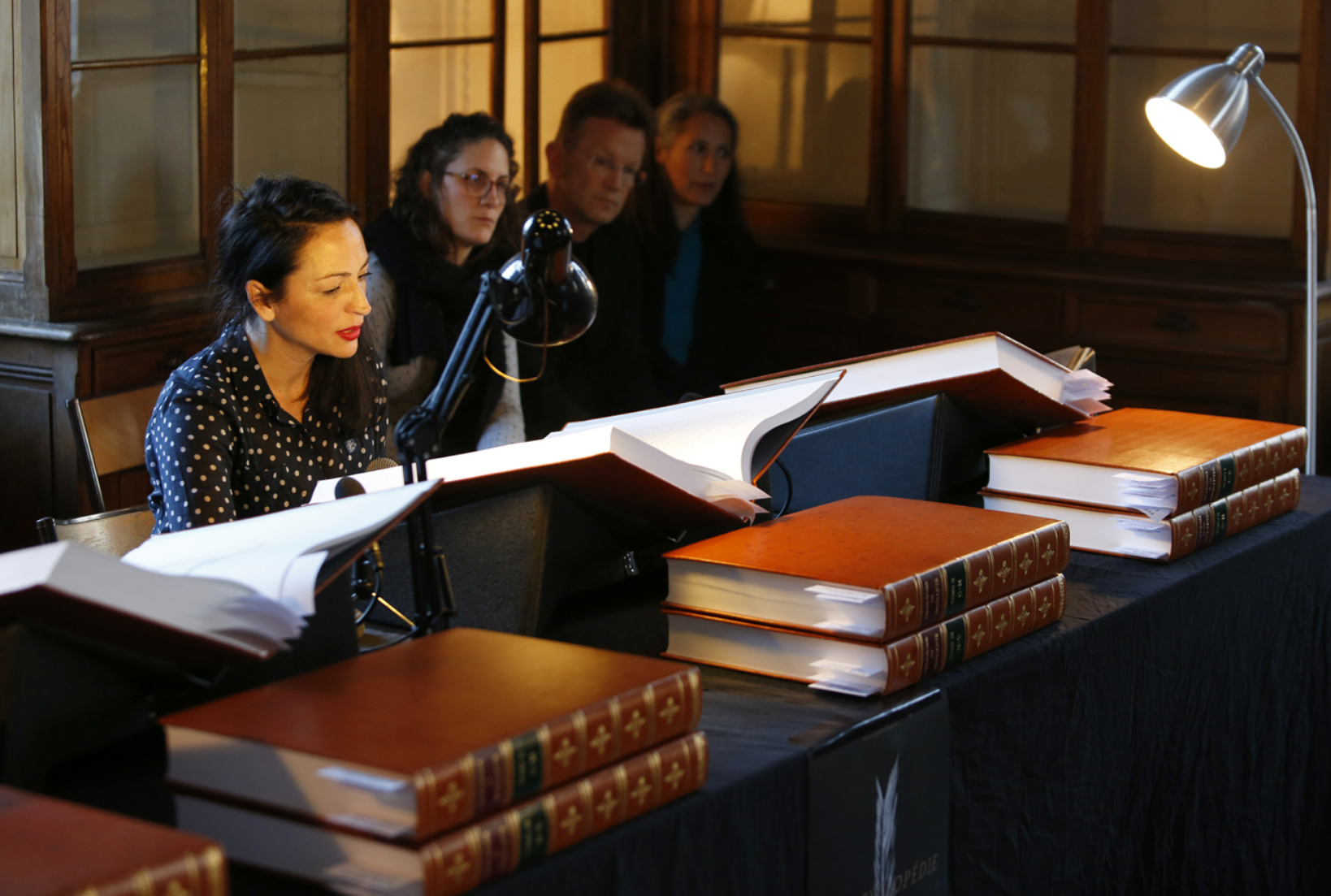We live in a globalised, increasingly multicultural society, where immigration helps to create more diverse populations and where people from different cultures live alongside one another, shaping composite identities. How can we ensure that this cosmopolitanism is seen as something positive, a factor aiding development as opposed to a source of tension or inward-looking attitudes? In such a context, the conditions that we are able to create in order to promote inter-cultural dialogue, how we welcome representatives from different cultures and how we encourage diversity and identify common reference points will all be of vital importance.
Europe is faced with a paradox: it needs immigration in order to cement its place on a global level, but the significance of immigration has been blown out of proportion in political discourse. This has been intensified by events since 2015, resulting in an increased militarisation of the continent’s borders. Promoting immigration as a key factor in both human and economic development is a major challenge, and one which will involve an ability to empathise with otherness – what makes people different – an understanding of the history of migration flows, highlighting diversity among immigrant stories and recognising the place of people from immigrant backgrounds in our European society.
Harmony within Europe is under threat as a result of significant uncertainty with regards to economic growth and the rise of populism. With this in mind, what multilateral schemes could be introduced in order to strengthen cohesion within Europe and to begin rebuilding a sense of unity? How can we rethink the way in which regions work together in order to create new synergies, all the while drawing on existing regional networks?
Faced with the economic crisis, Europe has set itself the objective of devising new strategies when it aimed at developing intelligent growth. Collective intelligence, which involves developing knowledge together as well as sharing expertise, will be a vital resource comes to imagining new values for the Europe of tomorrow. The ability to design meeting places, to experiment with new modes of governance and collaboration and to breathe life into creative communities will all involve mobilising resources.
Opening a paper or switching on the news seems only to add further credibility to the notion of a crisis of confidence in political elites at both a national and international level. This has resulted in the rise of extremist movements, whose values are at odds with those of Europe as a whole. How can we restore people’s faith in politicians? How can we get people to focus on the challenges facing us and reactivate democracy? What shared projects can we come up with in order to promote recognition of diversity among citizens at a local and European level?


